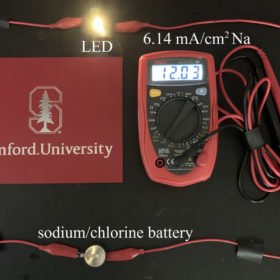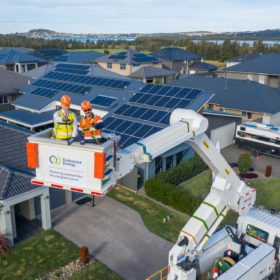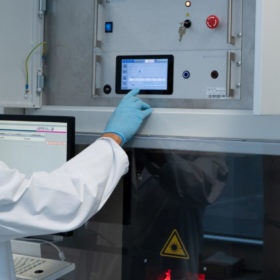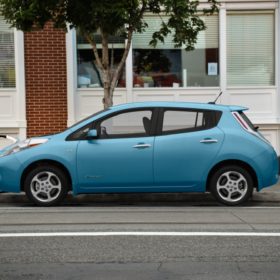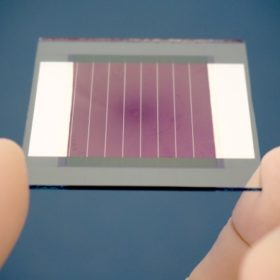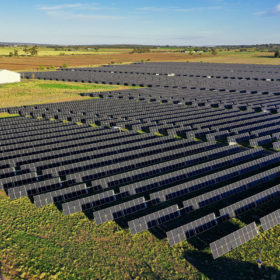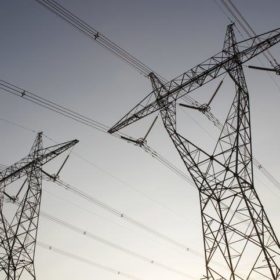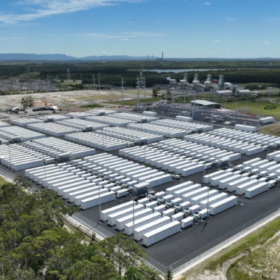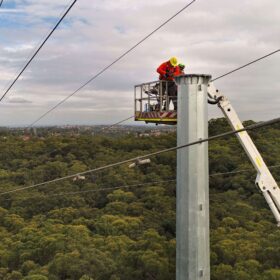German researchers want to reduce manufacturing costs for electrolysers by more than 25%
A number of Fraunhofer institutes in Germany want to make green hydrogen more cost-competitive and are working to identify the best and most economical processes for the production of electrolysers. They intend to build a digital library of future-proof electrolyser manufacturing processes with which the investment costs and even the return on investment can be determined in advance depending on the planned production volume.
New alkali metal-chlorine battery promises 6x energy density
Scientists in the U.S. discovered a promising new battery chemistry based on chlorine and table salt. Batteries based on this chemistry can achieve at least six times the energy density of today’s lithium-ion batteries, according to the group that created it. The prototype battery could already be suitable for small devices such as hearing aids, and with further work could be scaled up to larger applications.
Solar could supply 77% of Australia’s electricity demand by 2026
Australia’s solar uptake is now forecast to reach 8.9 GW by 2025, on top of the 14 GW already installed, according to the Australian Electricity Market Operator.
Spanish consortium to simplify hydrogen production through photoelectrocatalysis
Spanish energy giants Repsol and Enagás are planning to build an electrolyser based on photoelectrocatalysis at an industrial complex owned by the oil company in Puertollano in 2024. The device receives direct solar radiation and with a photoactive material it generates the electrical charges that cause the separation of the water molecule into hydrogen and oxygen.
Fraunhofer CSP develops repair process for PERC solar cells
The performance of the solar cell contacts can be improved with laser-assisted current treatment. The process does not damage the solar cells but only optimises faulty semiconductor-metal contacts.
US company using 3D printers to make solid-state battery tech for EVs
California-based Sakuú Corp. has started work on a 2.5 MWh per year pilot facility to produce 3D-printed solid-state battery tech.
Mini organic solar module with 13.94% efficiency
The panel is based on 14.9%-efficient organic PV cells with a surface of 1.1 cm2 that the same research group unveiled in September 2020. The solar cells were interconnected using laser structuring.
Gravity-based renewable energy storage tower for grid-scale operations
Energy Vault secured US$100 million (AU$137 million) in Series C funding for its EVx tower, which stores gravitational potential energy for grid dispatch.
Australia grid delays affect Dutch developer’s figures
Photon Energy reported raised revenue from sales of electricity in the second quarter of the year, compared with 12 months earlier, but said grid hold-ups at 14.6 MW of solar projects Down Under had affected performance.
Solar industry pioneer pushes for National Transmission Network
A parliamentary inquiry has been told Australia’s ageing transmission network “urgently” needs upgrading to deliver new solar PV and wind power to cities as the nation’s transition to renewable energy generation continues to accelerate.

